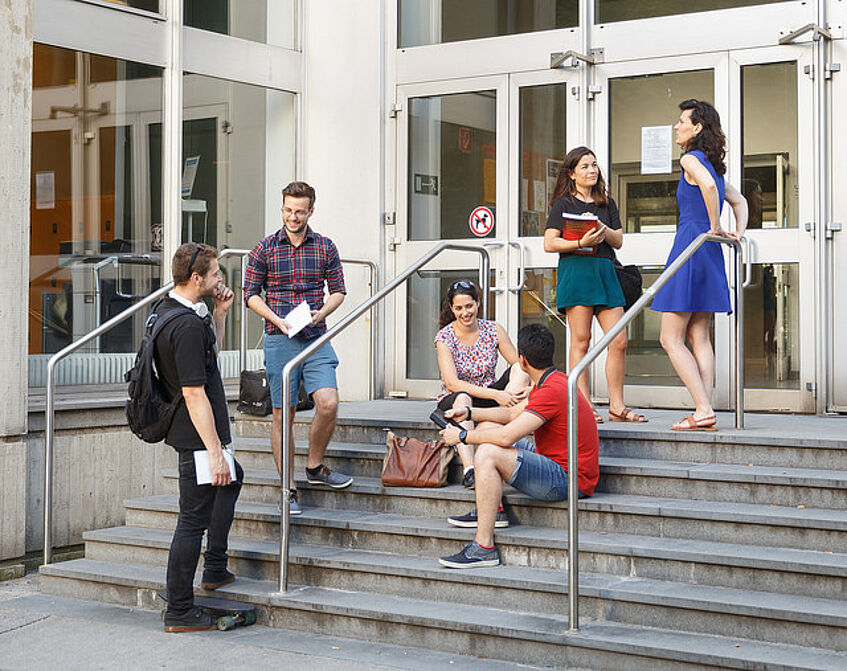Global History and Global Studies (Master)

© Universität Wien / derknopfdruecker.com
The master's programme in Global History and Global Studies aims at providing an advanced education in historical studies with a focus on global history in the context of global studies. In addition, it prepares students for a doctoral programme focusing on relevant questions in the humanities, social sciences or cultural studies.
Facts & Figures
- Students: n.a.
- Graduates in the last academic year: n.a.
- Number of semesters needed for graduation (median): n.a.
Data updated on: 03.12.2024
Attention
Instruction Language German
Please note that the instruction language of this programme is German. To start the degree programme, you need to hold a certificate of German proficiency on C1 level.
Admission Procedure
Information about the admission procedure
Information on Previous Studies:
In any case eligible degree programmes at the University of Vienna:
Getting started
Getting Informed
Study Programme
The master's programme comprises modules on foreign languages in historical studies, basics of and methods in global history, applied global history and applied global studies, a field trip and a master’s module, including a master’s thesis and a master’s examination.
Students have to select their courses from the range of courses offered by the following degree programmes and departments: African Studies; Oriental Studies; South Asian, Tibetan and Buddhist Studies; East Asian Studies (Sinology, Japanology, Koreanology) and Development Studies.
Five Concepts
which you will deal with during your studies:
- Foreign languages
- Regional cultural studies
- Places of remembrance
- e-publishing
- Development contexts
...and many more.
Overview of the programme structure & topics
Here you find the current offer of courses for this programme to gain better insight into the topics and structure. For more information please click on the respective level.
After Graduation
Graduates can pursue a career in the following occupational fields:
- governmental and non-governmental, as well as international and supranational organisations
- corporations operating internationally
- human rights work in historical and international communication
- area of equal opportunities
- communication of history in the transnational context; documentation
- exhibitions and museums
- media and cultural work
- subject-specific adult education and continuing education and training
- publishing
- tourism.
Graduates' Perspective on the Degree Programme
Graduates ...
- say that this degree programme receives the grade: 2.2 (good)
- rate the level of difficulty as: 3.5 (appropriate)
→ These results are based on feedback from 35 graduates.
*You can find further assessments of the degree programme from its graduates’ perspective in the graduate survey of the master's programme in Global History and Global Studies (in German).
